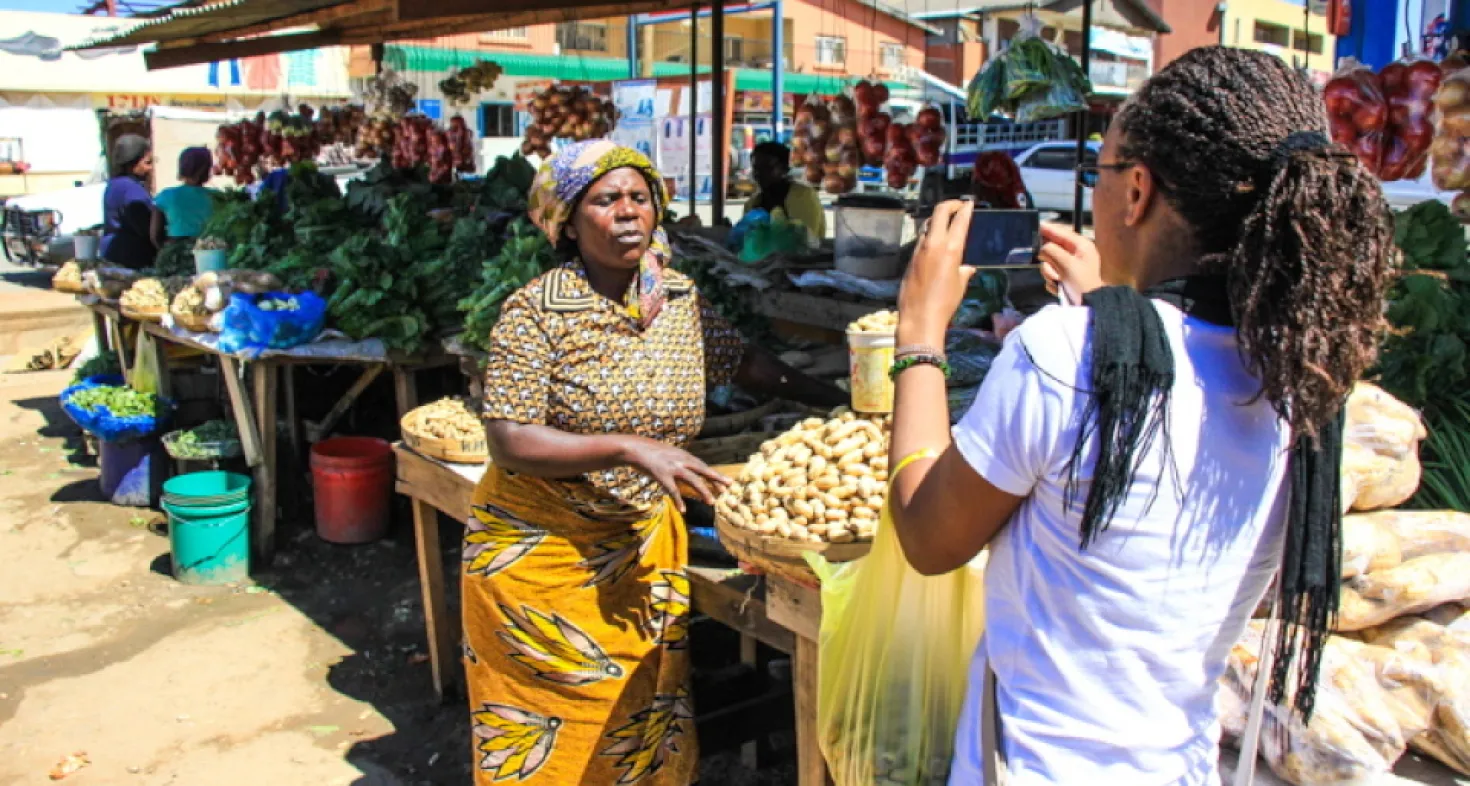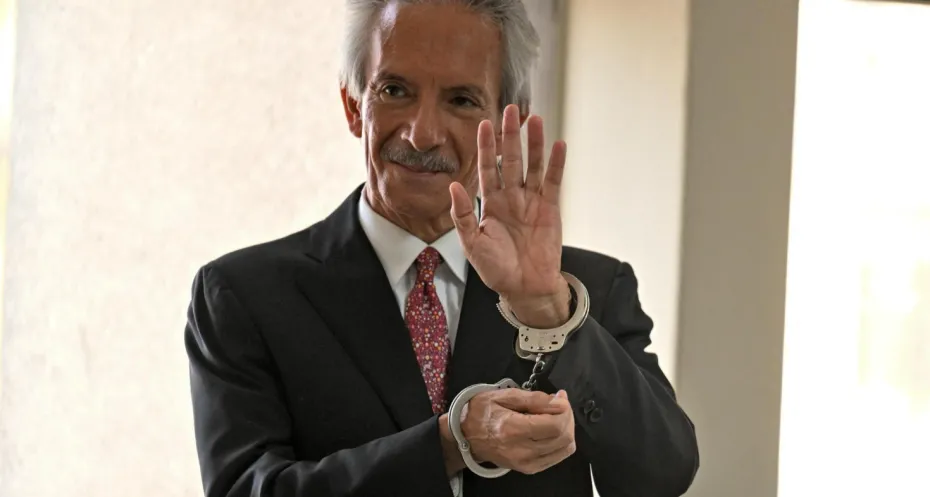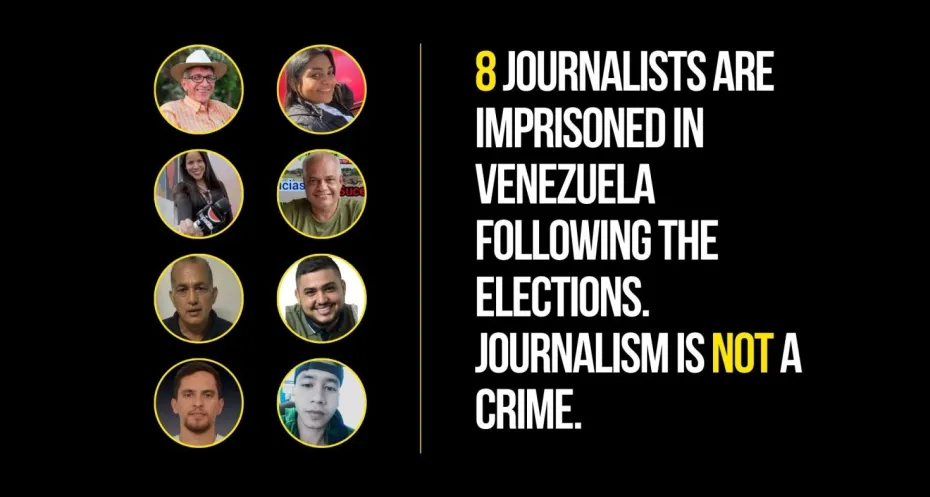
Double victory for media organisations in Zimbabwe
Support organisation for media MISA successfully filed a petition at the High Court in Zimbabwe to prevent law enforcement arresting and hindering journalists during their work. A significant victory for press freedom, and great reassurance to media professionals who continue to provide reliable information during the Covid-19 crisis. However, MISA sees more work needs to be done to ensure adequate provision of information in Zimbabwe, especially now.
The number of reported cases in Zimbabwe is relatively low, but a total outbreak in the densely populated cities that have limited access to health care, is a serious threat for the country. The government has responded to the pandemic with strict lockdowns. “We are closely monitoring how the measures taken by the government impact the work of journalists in Zimbabwe,’’ says Nompilo Simanje, legal and ICT policy officer in Zimbabwe for the Media Institute of Southern Africa (MISA), a Free Press Unlimited partner.
Legal support
Journalists in Zimbabwe are still braving the streets to do their important work, putting themselves in danger. While documenting a police operation to disperse people as part of the enforcement of the national lockdown, journalist Panashe Makufa was assaulted by members of the Zimbabwe Republic Police (ZRP). He was instructed to get into a police car, where he was beaten up and forced to delete all his footage. MISA provided him with support in the form of legal assistance and medical attention.
Panashe Makufa recounted his experience before the High Court, showing the gravity of the circumstances for journalists. The High Court ruled in favour of MISA, prohibiting all law enforcement agencies from arresting, detaining or interfering in any unwarranted manner with the work of journalists, solely on the basis of enforcing the lockdown. Following the ruling, journalists were also included in the list of essential services.
The second victory
“We also work to ensure everyone has access to information, which is essential during a crisis like this,’’ Simanje states. “We noticed that the government was using a limited number of platforms to distribute Covid-19 related information, and that it was only providing information in English. It failed to take into account the people living in rural and marginalized areas.’’ This led to another case being brought before the High Court, where MISA petitioned for the government to release comprehensive information about Covid-19 on all available media, and in all 16 official languages. “After the High Court granted the petition on 24 April, the message that key information about the pandemic was now available in all languages was broadcast on 29th April,’’ says Simanje with pride.
Podcast series: Together for reliable information
As part of the 2020 campaign ‘Together for reliable information’, inspired by the outbreak of Covid-19, Free Press Unlimited produced a series of podcasts to highlight the inspiring initiatives from our partners all over the world to keep bringing reliable information to the public during the pandemic. In every podcast one of our programme coordinators talks about the latest news from our partners on the front line. In this podcast we focus on the importance of safety for journalists. Joining us to talk about this is Jantine van Herwijnen, Senior Programme Coordinator of Free Press Unlimited's Safety programme.



